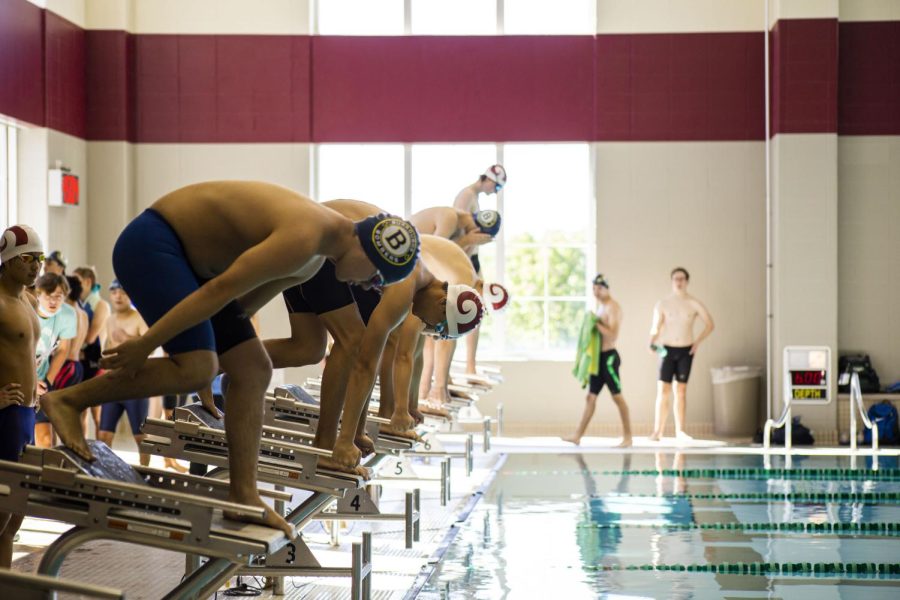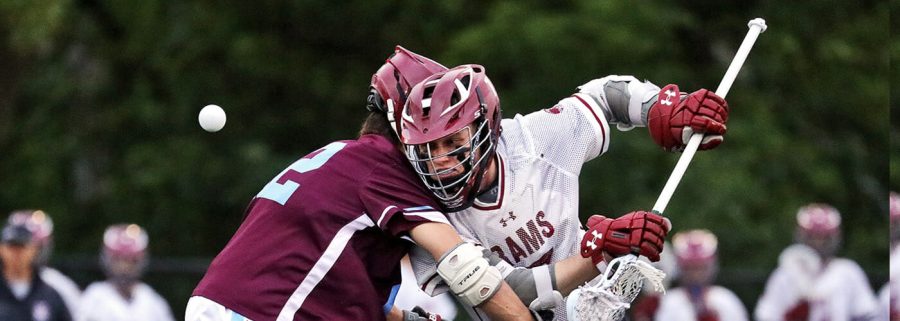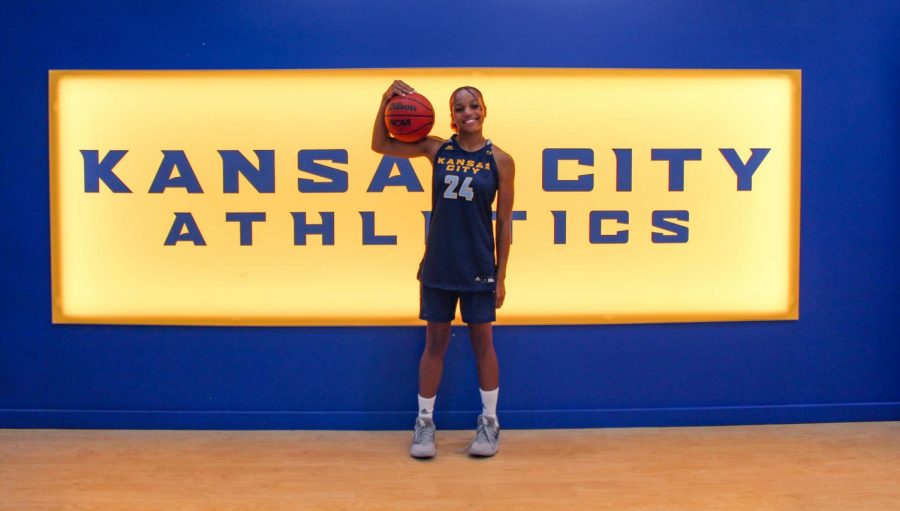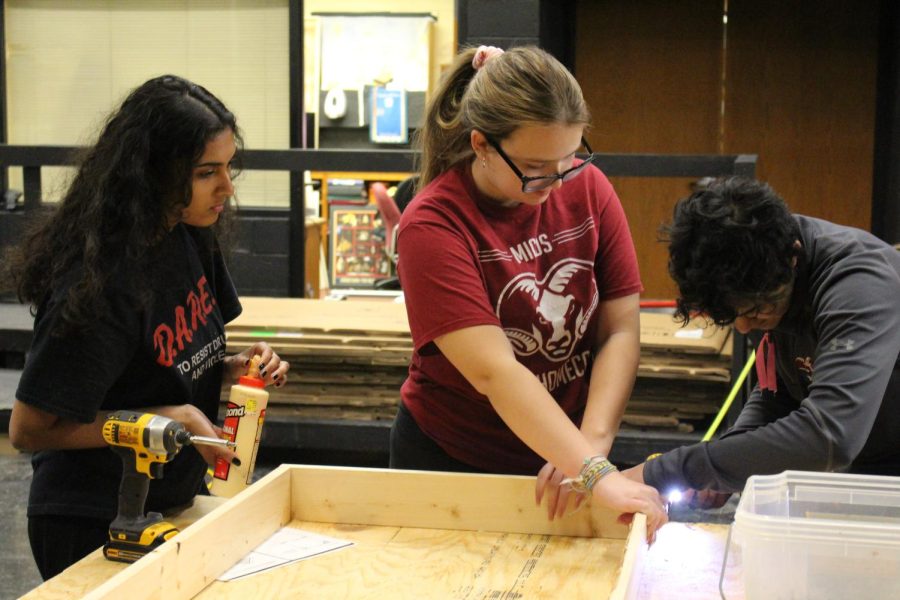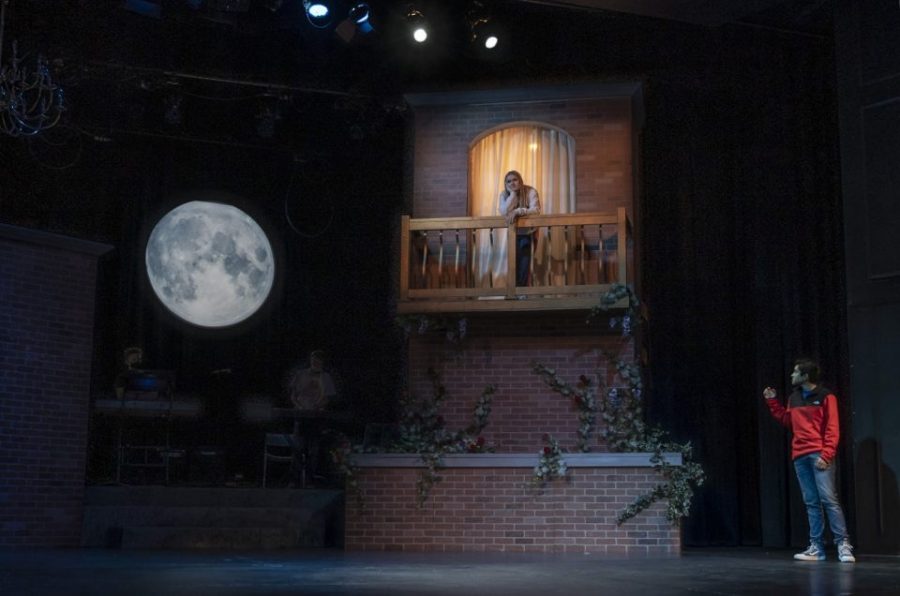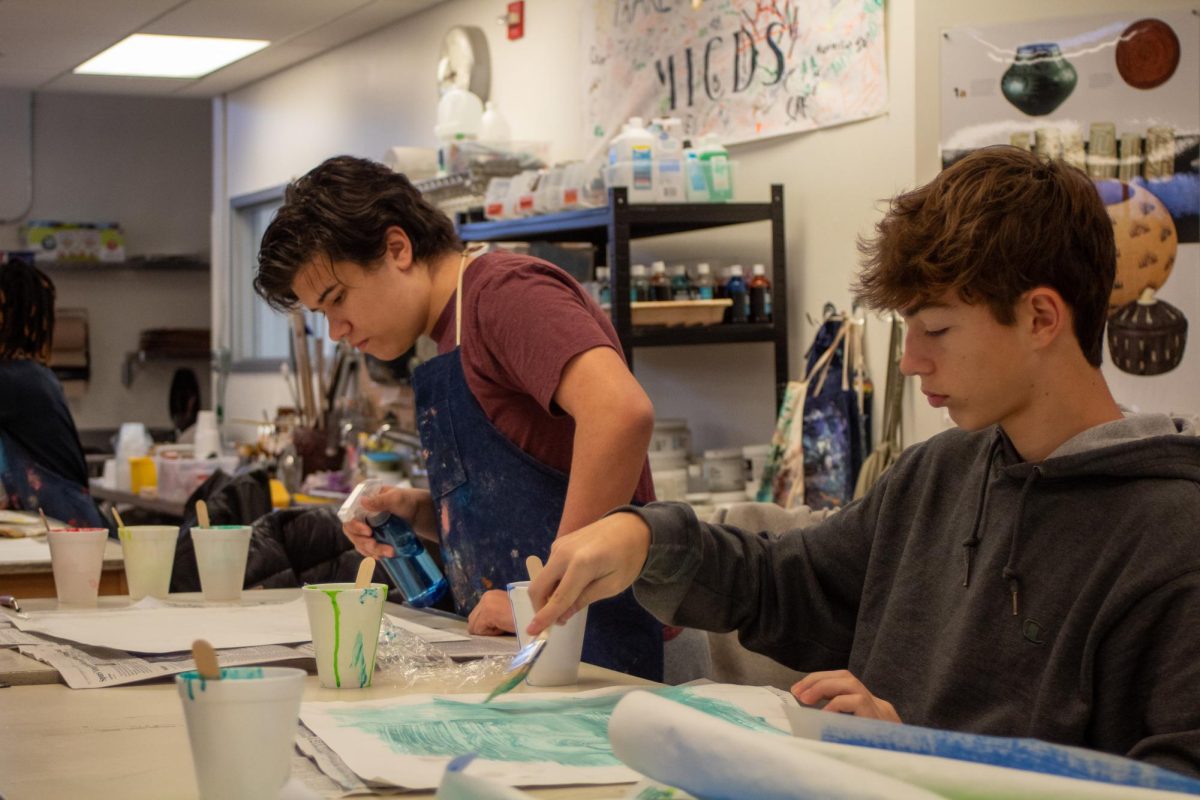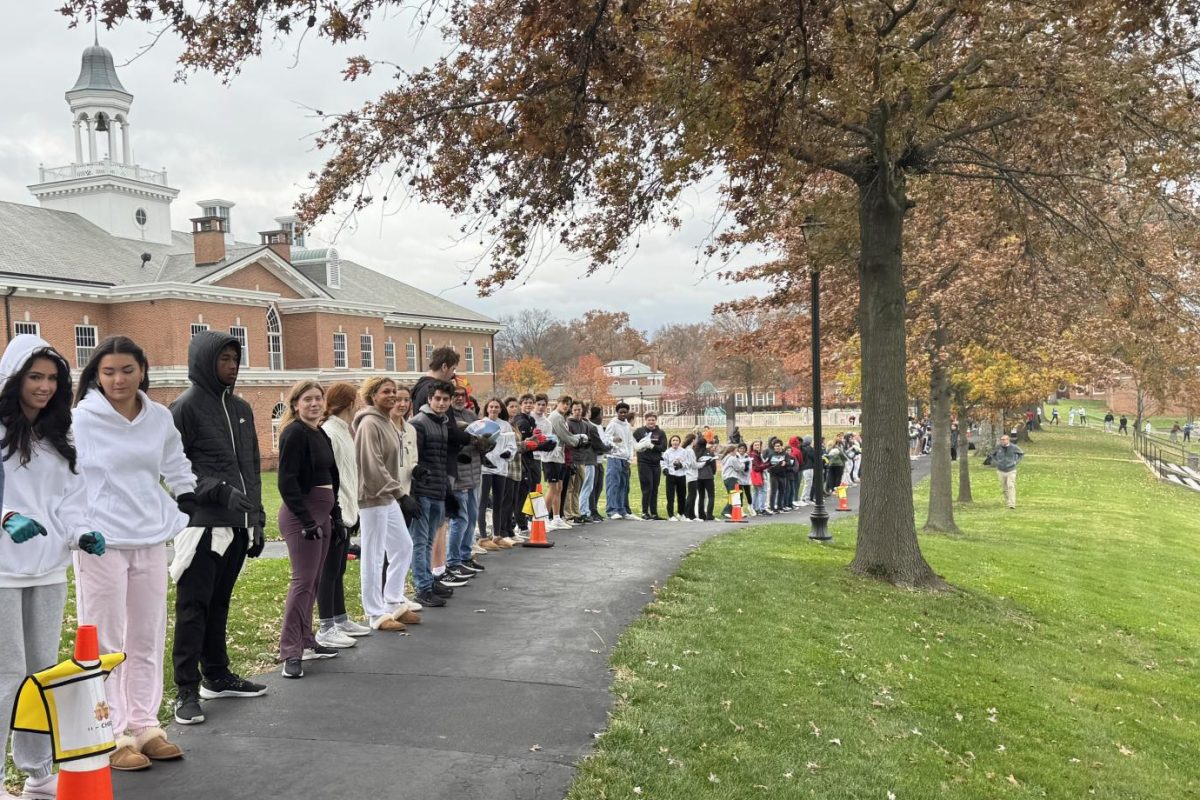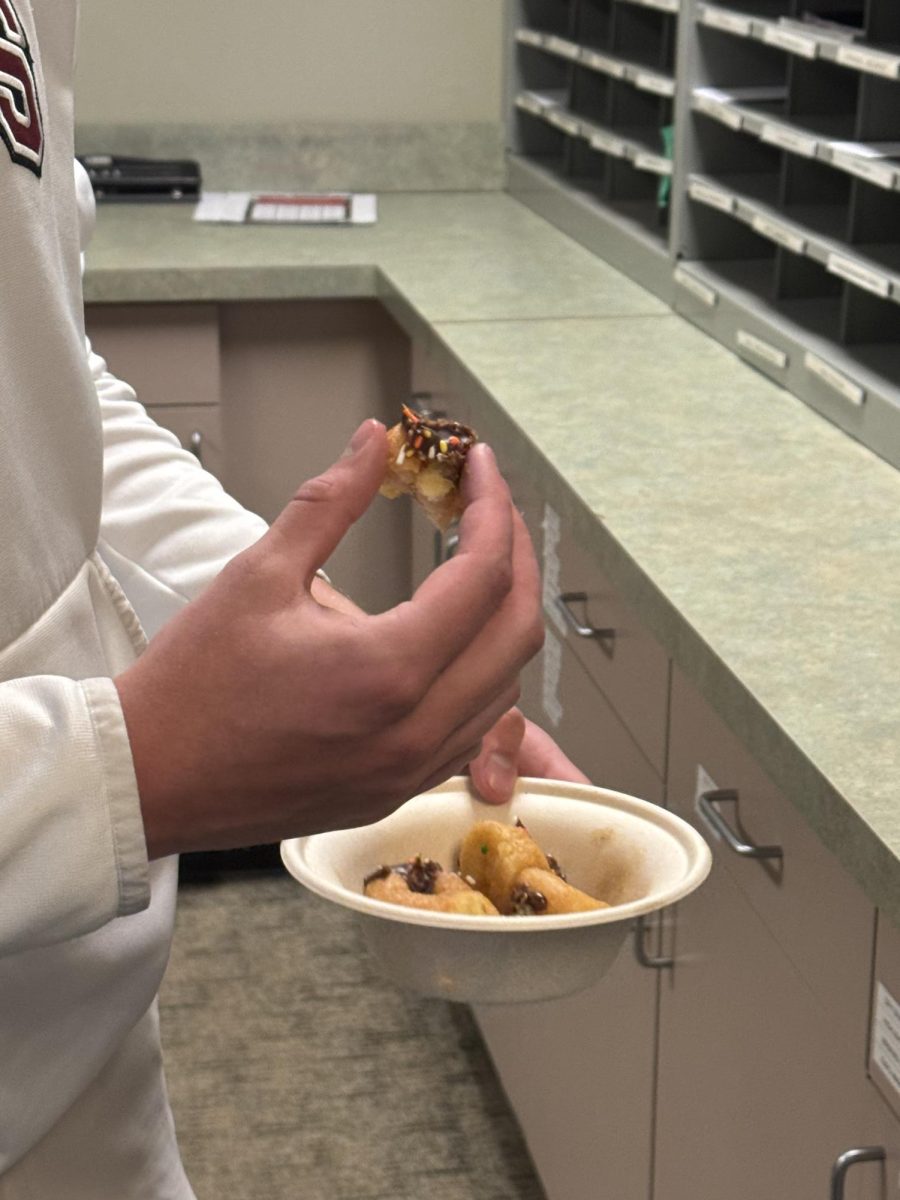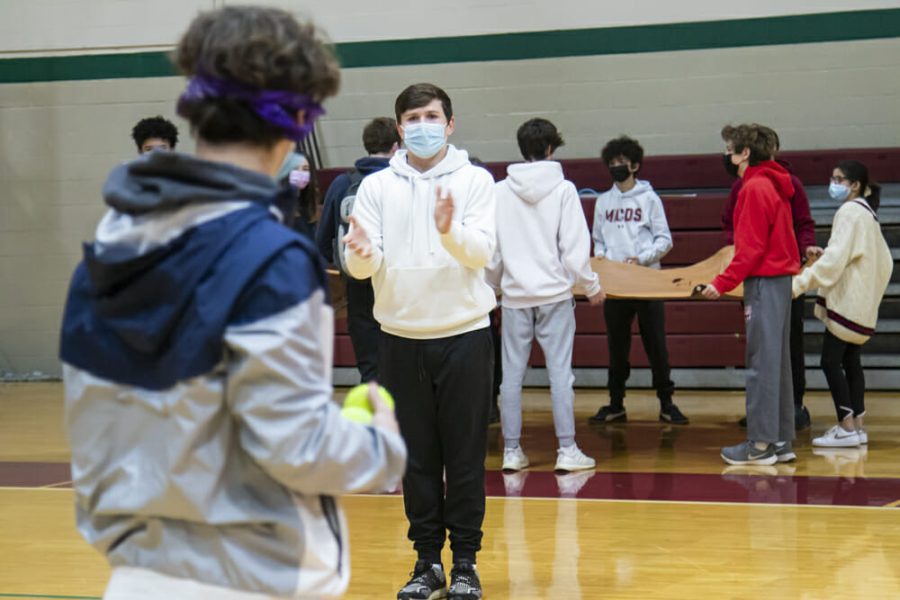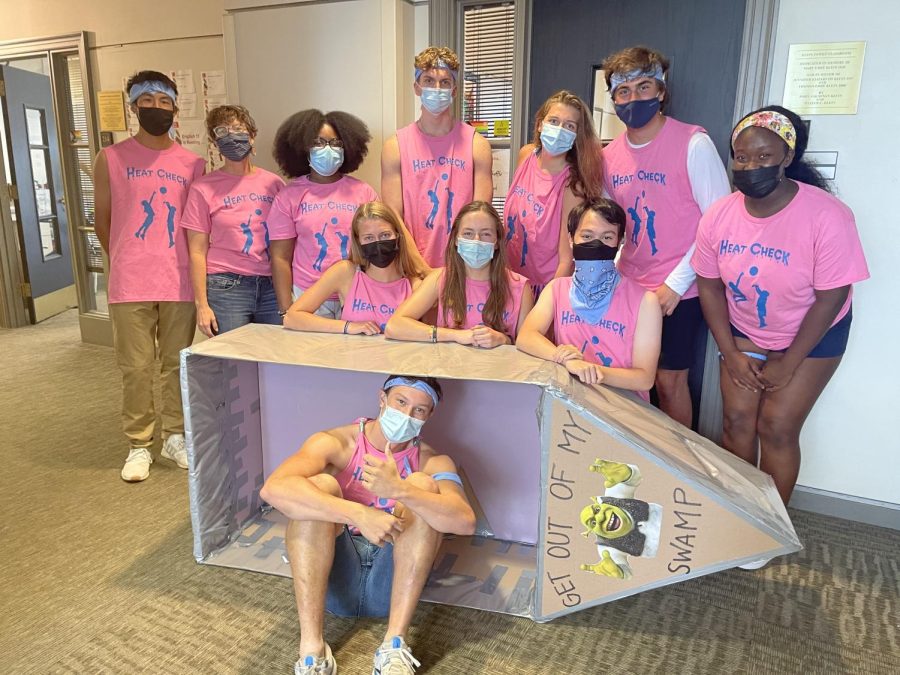
As body-focused jokes become more commonplace around MICDS, students have begun to discuss the comments’ nuances.
Body shaming at MICDS takes different forms, the most common of which is jokes. While some students claim to have observed body-targeted insults, others observe that they see and experience passive jokes. “Some people do it out of malice, some people do it because you are unhealthy, some people do it to get a laugh. It really depends,” Jeremiah Clay ‘24 said, referencing body shaming.
Different students share experiencing body shaming on different spectrums.
“I would say I observe body shaming 2-3 days in a week,” Lauren Smith ‘24 said.
Some students, however, do not experience body shaming as frequently. “In my opinion, actual body shaming – I only see about once a week on average,” Aidan Helms ‘24 said. “There are gonna be some where it is maybe twice a week but there are some where there is nothing at all.”
Many believe that the root of the jokes is the presence of an “MICDS Fat” standard. “MICDS Fat” is a concept students are familiar with.
“MICDS Fat is the scale in which MICDS kids measure bodies that is dramatically different from other places,” Zoie Tolson ‘24 said.
“We have a culture of athleticism because of our two required sports,” Haya Hussain ‘24 said. “There is an expectation that you stay fit and subsequently slim, so even if you are on the bigger side you are expected to be toned. That is what constitutes as ‘MICDS fat’. We all fit and impose this body image on each other and that creates this perception rooted in this body image.”
“When I think ‘MICDS fat’ I think ‘private school fat’,” Nyla Meeks ‘24 said. “Like the girls who they have called fat here would not be called fat in the Parkway District.”
Similarly, Walter Lindsey ‘24 simply described the concept as “Not true.” The general consensus from interviewees is that the student body’s view on bodies is skewed.
“When it’s two very close friends and there is a comfortability around it, I think ‘alright, if you guys are comfortable about it’,” Aidan Helms ‘24 said. Body-focused jokes can be viewed as a part of a friendship dynamic, and not malicious.
Alternatively, some students feel that body-targeted jokes are never acceptable. “I think it starts out as a joke and people try to leverage that aspect saying ‘I’m just joking, I’m just joking around’ but it can really turn into something especially if it’s happening a lot to one person,” Jaida Smith ‘24 said.
Smith emphasized that she feels peer pressure plays a large role in driving students to make these jokes. Throughout high school it is not only common but expected that a students’ bodies change and evolve, and repeated body-oriented comments and insults can lead students to be uncomfortable with and resent their changing body.
“When people are with their friends – which is what we’ve learned – that a lot of time social status is acquired through humor. So is the intent there to body shame or is the intent this unconscious desire for social status?” Diane Gioia, AP Psychology teacher said. Gioia believes that the body-targeted jokes may be less of a reflection of the target, but more a reflection of the student making the comment.
“I don’t ever remember a specific incident [of body shaming] in 8 years of being a dean… off the top of my head I am not remembering that. I wonder if it goes on here and it doesn’t come to our attention, and if that is because [body shaming] is just something we put up with.” Compared to other on-campus offenses, body shaming appears less likely to be escalated than others. “You know, it is like being catcalled. Or if someone yells out of a car. We don’t yell back, we just internalize it and keep going… If not, then you look like you are causing trouble by standing up for yourself,” Gioia said.


